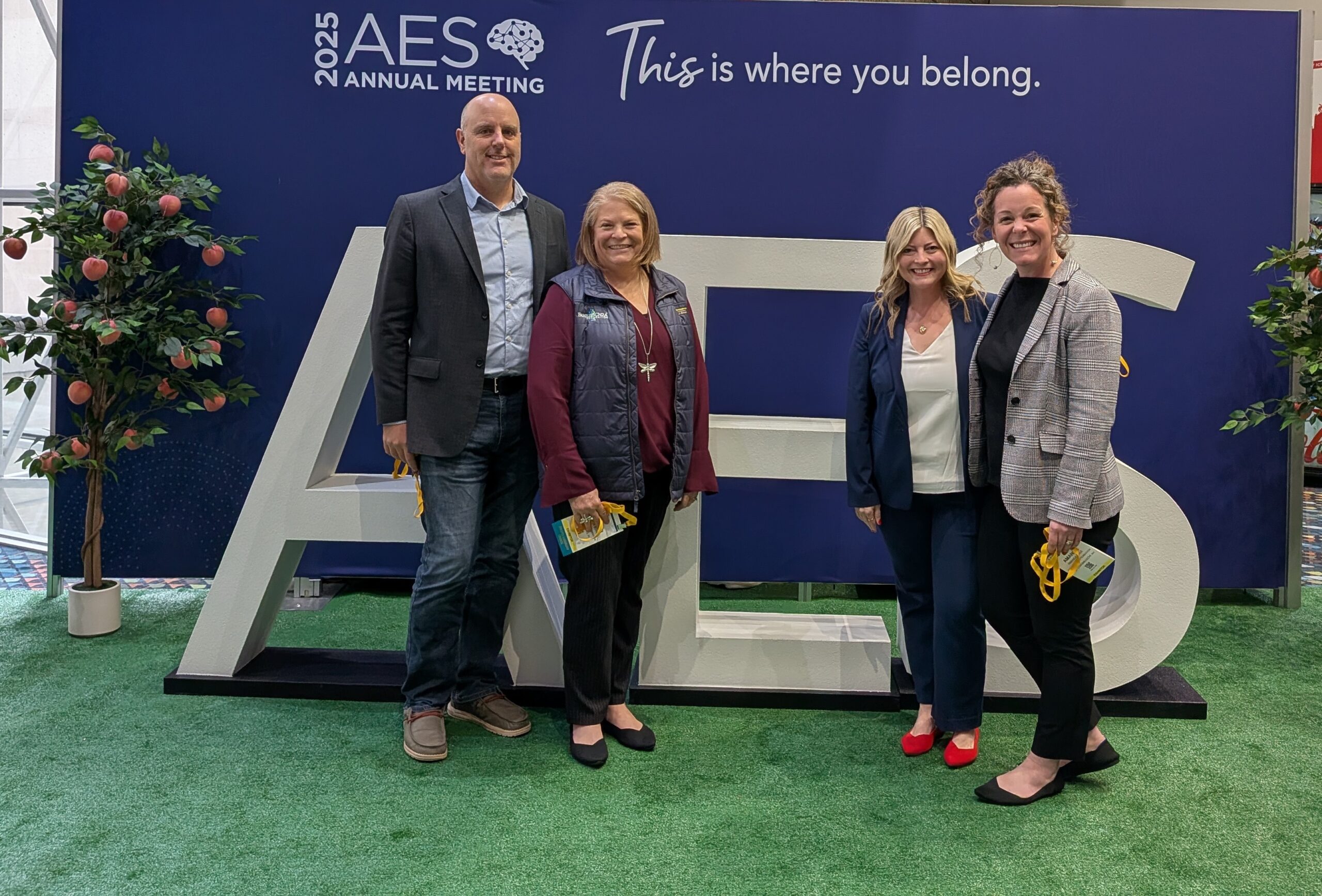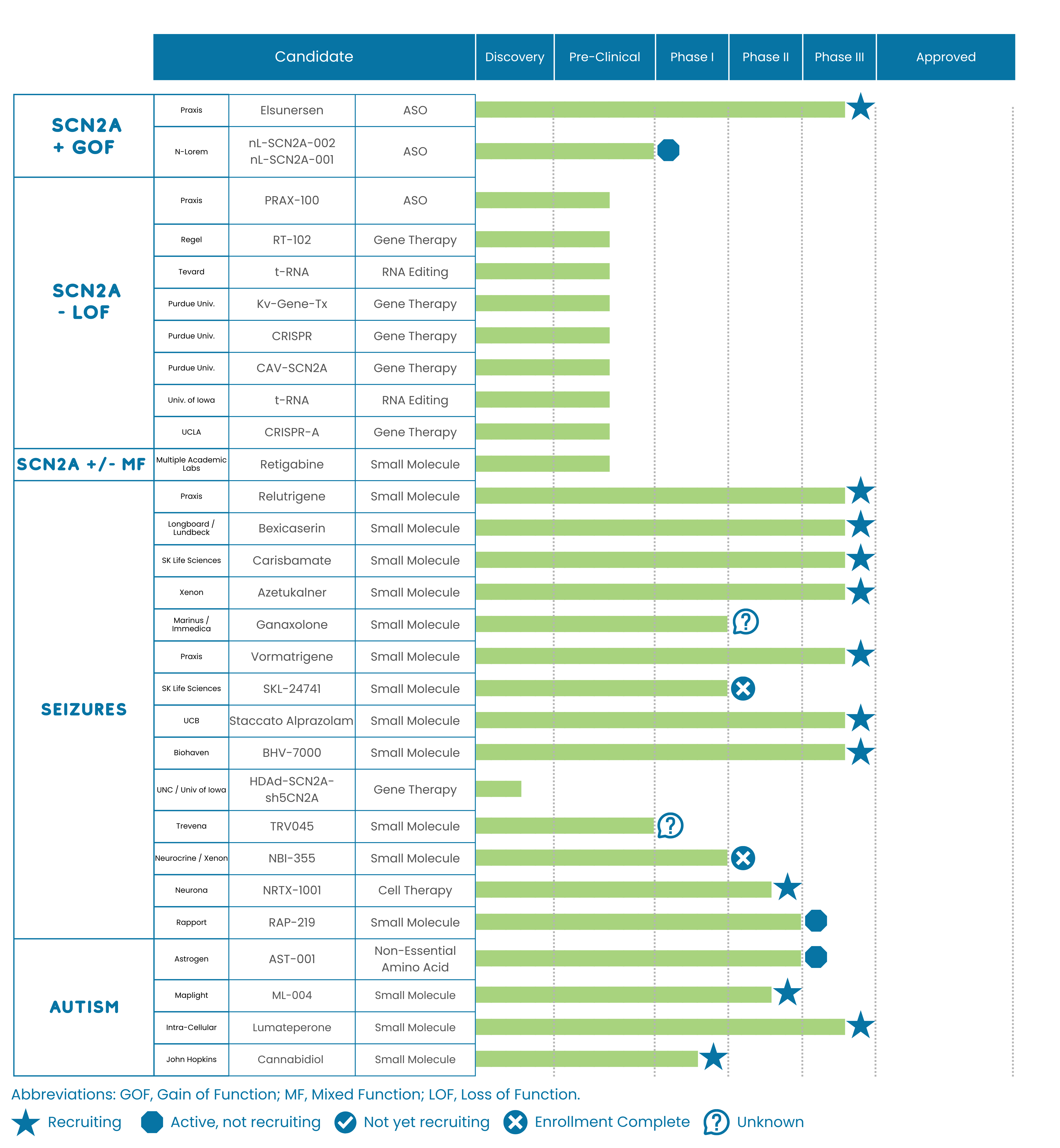
Why I Study SCN2A
I’m a neuroscience postdoctoral researcher in the lab of Loren Frank at UCSF. I’m fascinated by Scn2a because I want to understand the mechanism of Scn2a loss of function disorder and develop new treatments. During my MD/PHD training, I studied genetic causes of autism spectrum disorders and other developmental disorders with Chris Walsh at Boston Children’s Hospital. Now, in my postdoc research, I am focusing on learning and memory because learning and memory are often severely impaired in brain development disorders. I am particularly interested in Scn2a loss of function disorder because of my background studying autism and because Scn2a loss is one of the most common genetic causes of autism. Recently, the Simon’s Foundation developed a rat model of Scn2a loss, and my colleagues and I are studying Scn2a loss by measuring differences in learning of memory tasks in Scn2a loss of function rats compared to rats that are genetically normal. We are studying both male and female rats. To better understand the effects of Scn2a loss of function, we will surgically implant electrodes in these rats and measure electrical activity in the brain while the rats learn memory tasks. I am very excited to focus my research on Scn2a because there are no effective treatments for Scn2a loss of function disorder and this is an important area of unmet medical need. My hope is that patients who suffer from this disorder can be offered effective treatments that will allow them to have a better quality of life.


